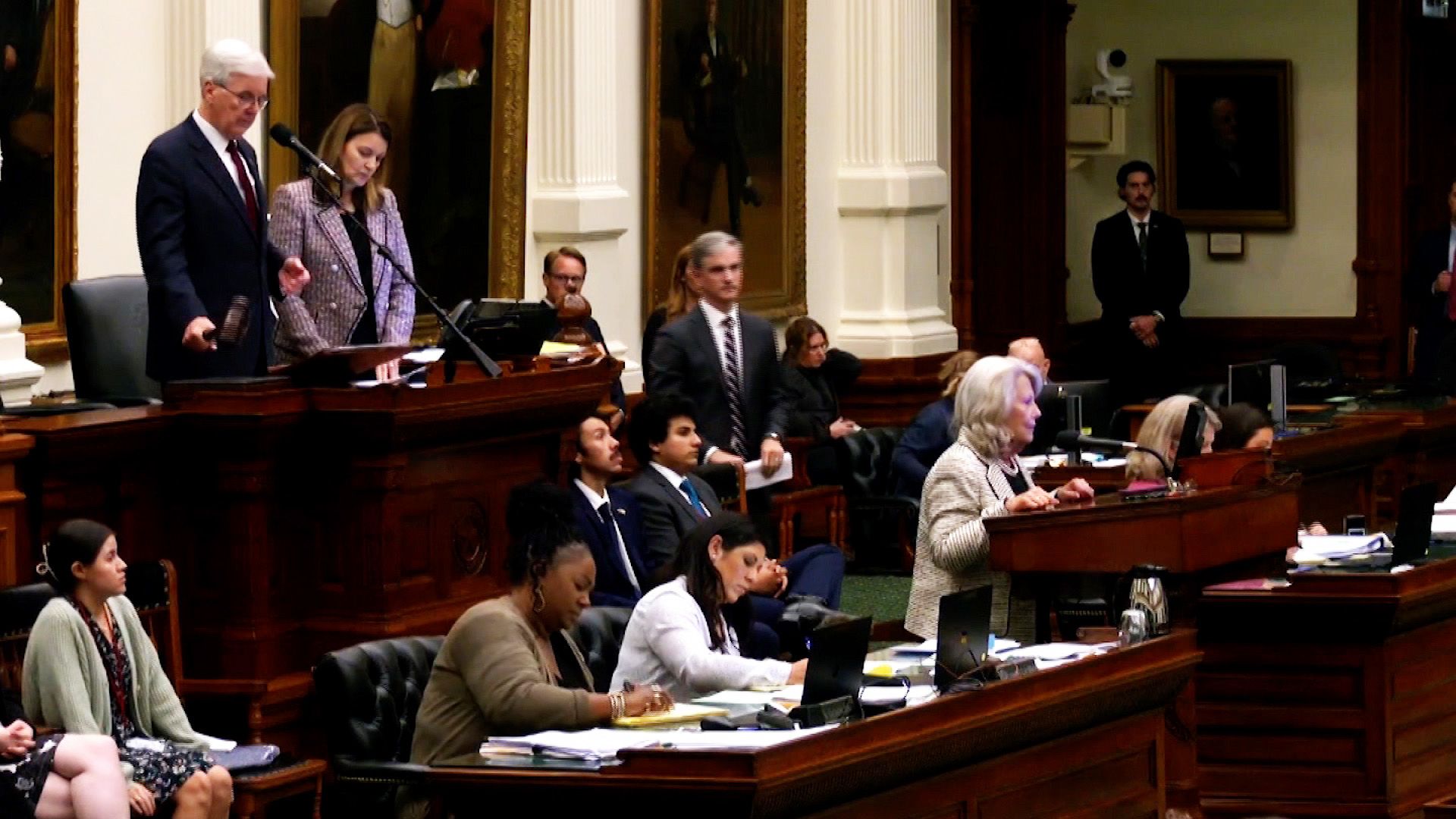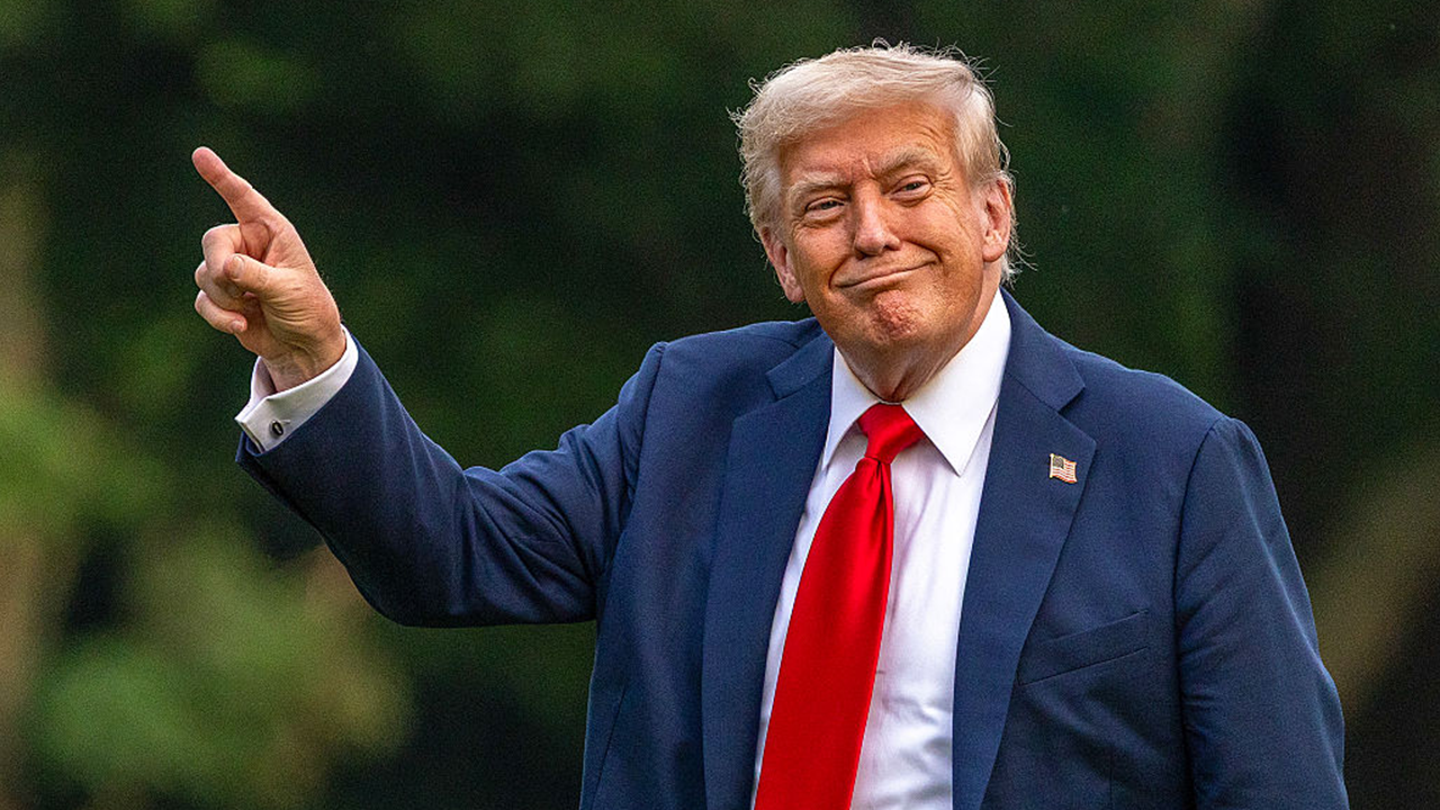Entities mentioned:
- Texas Republicans: Power, Control, Competitive spirit
- Donald Trump: Power, Influence, Legacy
- Greg Abbott: Power, Loyalty, Control
- Dan Patrick: Loyalty, Power, Influence
- California Democrats: Competitive spirit, Power, Justice
- Gavin Newsom: Power, Competitive spirit, Justice
- Kathy Hochul: Competitive spirit, Power, Influence
- Todd Hunter: Power, Loyalty, Competitive spirit
- Catherine Blakespear: Justice, Competitive spirit, Moral outrage
- Phil King: Power, Loyalty, Competitive spirit
- Texas Democrats: Justice, Moral outrage, Self-preservation
- Dustin Burrows: Control, Power, Determination
- Nicole Collier: Moral outrage, Self-respect, Determination
- Gene Wu: Justice, Determination, Moral outrage
- Carol Alvarado: Justice, Determination, Moral outrage
- Lloyd Doggett: Self-preservation, Professional pride, Duty
- Greg Casar: Self-preservation, Ambition, Professional pride
- Venton Jones: Justice, Moral outrage, Self-respect
- Charlie Geren: Duty, Control, Power
- Robert Rivas: Power, Competitive spirit, Influence
Article Assessment:
Credibility Score: 75/100
Bias Rating: 55/100 (Center)
Sentiment Score: 35/100
Authoritarianism Risk: 65/100 (Authoritarian Tendencies)
Bias Analysis:
The article presents perspectives from both Republican and Democratic actors, providing a relatively balanced view of the redistricting efforts. However, there's slightly more focus on Democratic opposition and legal challenges, which may suggest a slight center-left lean.
Key metric: Electoral Competitiveness
As a social scientist, I analyze that this article highlights a significant escalation in partisan redistricting efforts, with potential far-reaching consequences for electoral competitiveness in the United States. The actions taken by both Texas Republicans and California Democrats represent a departure from normal redistricting processes, occurring mid-decade rather than following the census. This trend towards more frequent and aggressive redistricting could lead to increased polarization, reduced electoral competitiveness, and a weakening of democratic norms. The use of redistricting as a tool for partisan advantage may result in less representative government and diminished voter faith in the electoral system. The involvement of state legislatures in overriding independent commissions (as in California) also raises concerns about the erosion of checks and balances designed to ensure fair representation.











